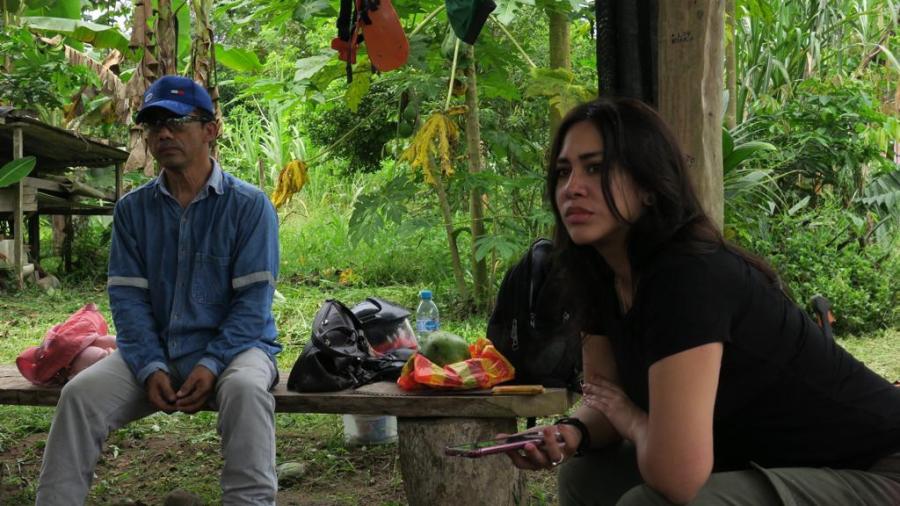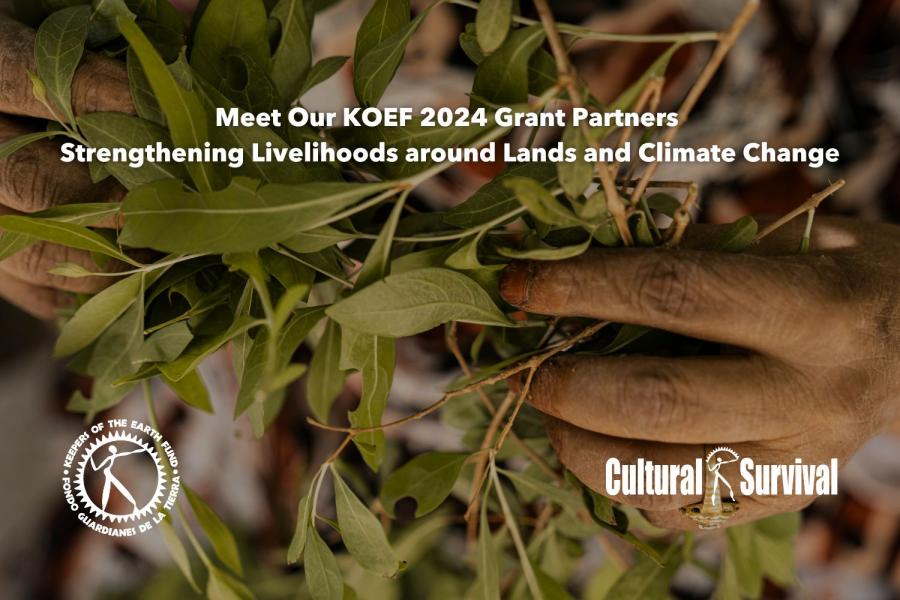At its sixty-fourth session, the United Nation's General Assembly discussed the findings of the Secretary General’s midterm report tracking the progress made in the Second International Decade of the World’s Indigenous People so far. UN organizations, NGOs, and states contributed to the findings in the report. The goals and objectives of the Second Decade include promoting nondiscrimination, inclusion and full and effective participation of Indigenous Peoples, redefining culturally appropriate development policies, adopting targeted policies and programs for the development of Indigenous Peoples, and promoting strong monitoring mechanisms and enhancing accountability at all levels.
At the end of the first Decade (1995-2004), Indigenous Peoples had achieved only sporadic impact on the policies of United Nations, so the second Decade (2005-2014) was established. The midterm report noted the adoption in 2007 of the United Nations Declaration on the Rights of Indigenous Peoples as one of the major gains to date, but it also notes that there is still a substantial gap between the policy and the actual implementation of specific objectives of the Second Decade. The report stresses more action is needed.
Other areas of progress the report notes are in advocating for Indigenous equality. Some organizations have developed and launched specific institutional policies on Indigenous Peoples. The United Nations system and some states have initiated a dialogue around the concept of development with culture and identity to which the Permanent Forum on Indigenous Issues made a considerable contribution at its ninth session. At the national level, applications of culturally adapted approaches have mainly occurred in the educational and health sectors, but some countries, such as Ecuador and Bolivia, have engaged in a redefinition of the concept of development. The fundamental issue of free, prior, and informed consent and its full application remains a challenge across the board nationally and internationally.
Within the United Nations system, there has been an increase in institutional awareness of Indigenous Peoples’ issues thanks to the establishment of specific task forces and the inclusion of Indigenous Peoples’ issues in the common country assessment processes, including the issuance of the United Nations Development Group Guidelines on Indigenous Peoples’ Issues in 2008.
The report calls on states to fully implement the Declaration on the Rights of Indigenous Peoples, recognize Indigenous Peoples in their countries, and establish national legislative frameworks and policies for Indigenous Peoples’ individual and collective rights, as well as increase funding for programs addressing Indigenous Peoples' issues within the context of achieving the Millennium Development Goals, and beyond.
Full report is available here:
http://www.un.org/esa/socdev/unpfii/documents/Second_decade_midterm.pdf



